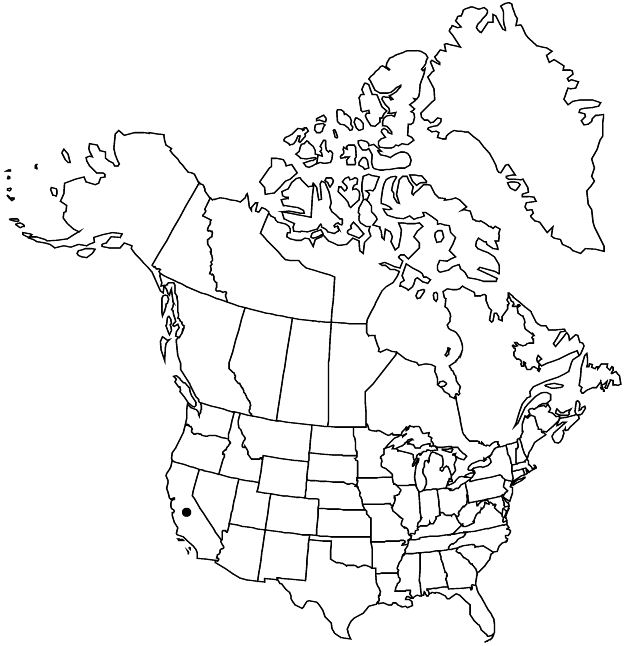Difference between revisions of "Ceanothus foliosus var. foliosus"
Common names: Wavyleaf ceanothus
Endemic
Synonyms: Ceanothus dentatus var. dickeyi Fosberg
Treatment appears in FNA Volume 12. Treatment on page 93.
FNA>Volume Importer |
imported>Volume Importer |
||
| Line 51: | Line 51: | ||
|publication year= | |publication year= | ||
|special status=Endemic | |special status=Endemic | ||
| − | |source xml=https:// | + | |source xml=https://bibilujan@bitbucket.org/aafc-mbb/fna-data-curation.git/src/bb6b7e3a7de7d3b7888a1ad48c7fd8f5c722d8d6/coarse_grained_fna_xml/V12/V12_267.xml |
|genus=Ceanothus | |genus=Ceanothus | ||
|subgenus=Ceanothus subg. Ceanothus | |subgenus=Ceanothus subg. Ceanothus | ||
Revision as of 20:08, 27 May 2020
Shrubs, 1.5–3.5 m. Stems ascending to erect. Leaf blades ± folded lengthwise, margins glandular-denticulate, wavy, abaxial surface pale green to grayish green, glabrous, sometimes sparsely puberulent on veins. 2n = 24.
Phenology: Flowering Jan–May.
Habitat: Rocky soils, chaparral, mixed evergreen and conifer forests.
Elevation: 100–1100 m.
Discussion
Variety foliosus occurs in the outer North Coast Ranges and Santa Cruz Mountains, from Humboldt to Santa Clara counties. H. McMinn (1944) reported putative hybrids with Ceanothus parryi and C. thyrsiflorus.
Selected References
None.
Lower Taxa
None.
